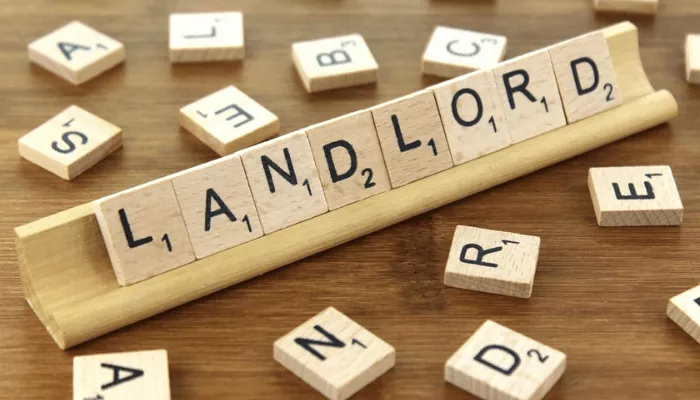
Every rent story in Lagos has three sides: the landlord, the tenant, and the law.
My rent story starts with a knock on the door one sunny day in April, announcing it was time to look for a new place to call home.
The quit notice I was given launched a thousand searches across the Alimosho Local Government area in Lagos.
So the search began with phone calls and asking questions from neighbours, family, friends, acquaintances, work colleagues, even strangers.
The road led down windy and chilly paths that gave more questions than answers.
Looking for accommodation in Lagos has always been challenging. Still, when a new hurdle is put in front of the aspiring tenant, it only slightly raises the difficulty level.
A few days into the search, I received the first phone call that opened a new chapter in my house hunting.
The phone rang twice before Fab, an estate agent who had been helping me, picked up the phone.
"Good afternoon, sir., sir, when I inquired about the house, sir, the landlord said he does not want Igbo, I am so sorry sir," he said in a tired voice, even though it was just 1 p.m.
You could hear the pain in his voice because this was the third time he had given this reporter the same response.
"Sir, I see your determination, and because you have called me back-to-back like this, don't worry. I will help you look for a house. There is a house I am personally involved in renovating. I will help you ensure you get that one, sir. Don't worry, sir," Fab said.
His words offered assurance that a house would be available come hell or high water.
The question is, when did tribe become a criterion for accommodation?
According to the Ministry of Housing in Lagos, over 600 people move to Lagos daily, and less than 50 percent go back.
Being the commercial capital of Nigeria, it only makes perfect sense to have different sets of groups who will also bring diversity to business, making Lagos a melting pot of sorts.
Over the years, Lagos has opened its arms to everyone from within and outside Nigeria, and this welcoming spirit, according to a United Nations report, makes it the 8th fastest-growing city in Africa.
So, what has changed?
Seventeen times a charm
Apart from rent doubling in recent years, with three-bedroom apartments in some parts of Lagos moving from N450,000 to between N800,000 and N2 million, the one thing that stuck out the most was the question, "What tribe are you?".
The first form filled by this reporter in his search for a house at an estate agent's office had the space for "tribe"; other forms filled at the office of two other estate agents required "State of Origin".
These two criteria played a massive role in determining the decision of some of the landlords approached by this reporter and the estate agents who were assisting in the house search.
There were 17 rejections by various landlords based on tribe. Maybe I should have mentioned to them that my brothers-in-law are Yoruba (Ondo and Ogun states, respectively), and I have nephews and nieces who are not Igbo.
This number raised the curiosity of the reporter, who decided to dig deeper into this occurrence.
The landlord's side
According to the amiable house agent Fab, "I have nothing against Igbo people. My younger brother is married to someone from Anambra state.
"The truth is that the elections did not help matters; Igbo people were saying that Lagos is no man's land, and this made landlords angry", he said.
During elections, there were reports of tribal tensions due to an alleged Igbo claim that Lagos is 'No Man's Land', and the violence that followed during the governorship elections in March was linked to this statement.
Also, another landlord who wanted to remain anonymous said, "Sometimes tenants can be difficult. I have had experiences with Igbo tenants who, after one or two years of staying in the house, will refuse to pay for any bill, water bill, or even house rent. In our house, the Igbo tenant refused to pay for anything, got one of our family members arrested and even took us to court."
She quickly added, "I am not generalising every Igbo man or woman is bad, but there are bad eggs among them."
Another house agent, Yinks, said he was called by a landlord who complained about a tenant he recommended refusing to pay, claiming Biafran citizenship, he will not pay(How does that make any sense?). "I believe the tenant was just being mischievous. I have nothing against Igbo people; my younger brother's wife is from Anambra state," he explained.
The tenant's side
Looking for a house in Lagos is a big deal because it is affected by several factors: rent cost, security, accessibility, and flooding are significant factors in searching for a house. Prices are steeper in more commercial areas like Surulere, Maryland, Yaba, Lekki, Victoria Island, Ikoyi, etc. and cheaper in places Like Ayobo, Mowe, and Abule Egba.
But when, as a tenant, you have to pay between N700,000 to N2 million or more for a two to three-bedroom flat. You can tick all the boxes for the factors: rent(check), security(check), accessibility(check), and no flooding(check); in some places, 'tribe' is thrown in, and this usually leaves the tenant stumped. But does the law say nothing about this?
I checked through the Lagos tenancy law and found nothing on discrimination based on tribe. I thought I was missing something, so I made a phone call.
The side of the law
Seyi Alade, Legal Services Director for Lagos Inland Revenue Services (LIRS), confirms this: "If it is the government that you accuse of favouring someone else because of your tribe, you will have a case, but the truth is there is no law against it. It is like saying that a woman sells yam to another person cheaper because the customer speaks the same language as the yam seller. It is the choice and discretion of the landlord."
There are only laws for when the tenant has secured accommodation, but there are no laws to protect the prospective tenant searching for a new home.
It looks like an excellent cause to champion-but who will carry the torch?
The search draws to a close
In a tweet on Thursday, March 28, 2024, by author, journalist and editor, Molara Wood, she mentions that as far back as 2009 'tribal identification' played a role in renting houses to people in Lagos, and 15 years in, nothing seems to have changed.
"In the early days of NEXT newspaper, perhaps even for the first edition, we did a major story on anti-Igbo discrimination in the Lagos property rental market. 2009. 15 years later, little has changed. Someone boldly tweets, "No Igbo client." she tweeted.
I grew up in Surulere before moving to Egbeda, and my house search brings to mind the translation of the Yoruba word "Surulere" in English-"Patience is a virtue".
Patience is indeed a virtue, after 17 rejections because of my tribe, and an endless search for the past 11 months, I have learnt a truck load of patience and calmness.
The virtue paid off, and I finally got new accommodation, after almost 12 months of searching, but will this episode make me feel bitter about living in Lagos? Never.
It just makes me understand that we are first human beings, and that is all that matters, not tribe, religion or level of education.
I hope Governor Babatunde Sanwo-Olu, gets to read this, and let the city of brotherly love shine its good light on every one who resides in Lagos.


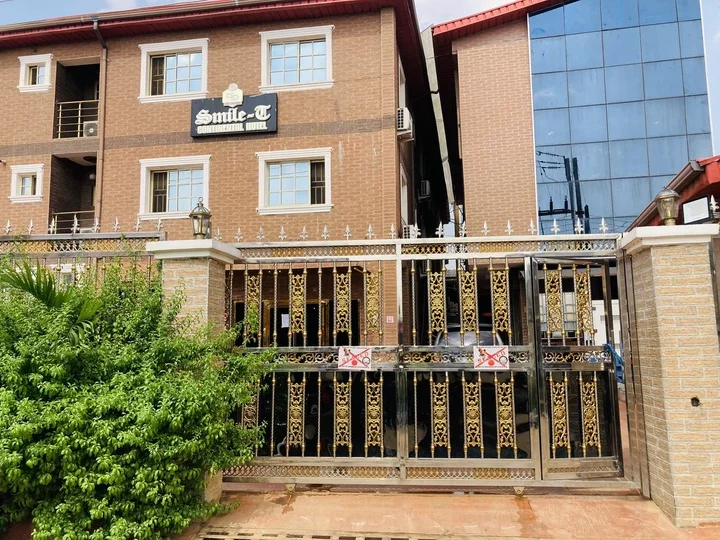



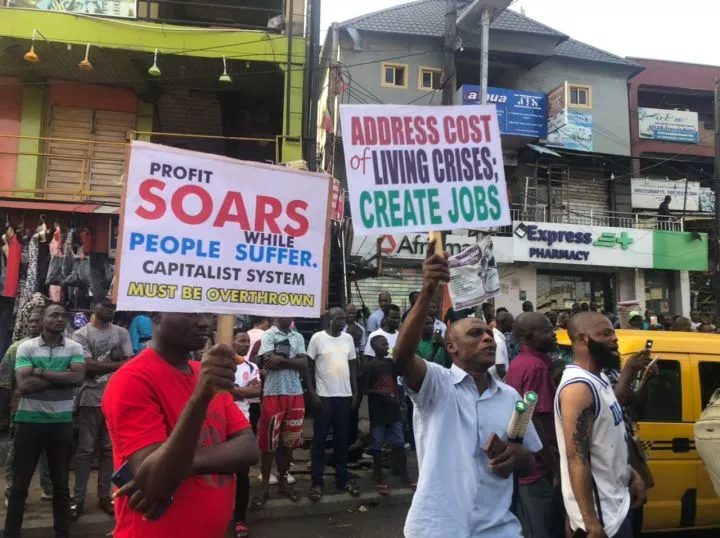





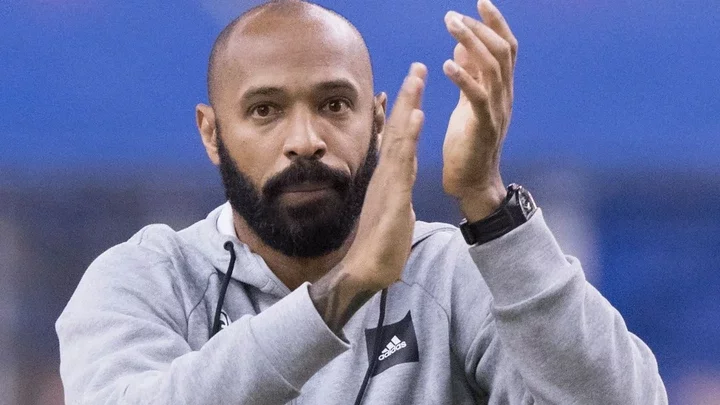
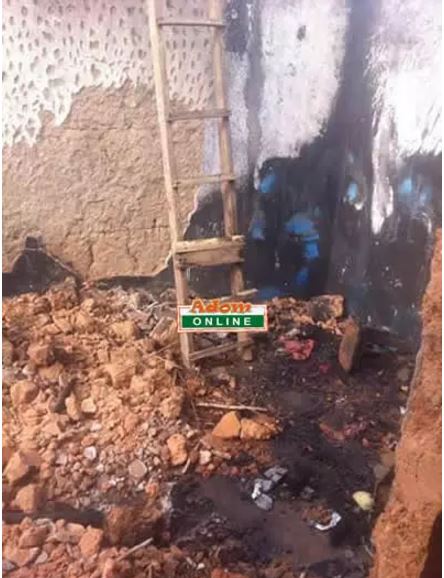


Comments